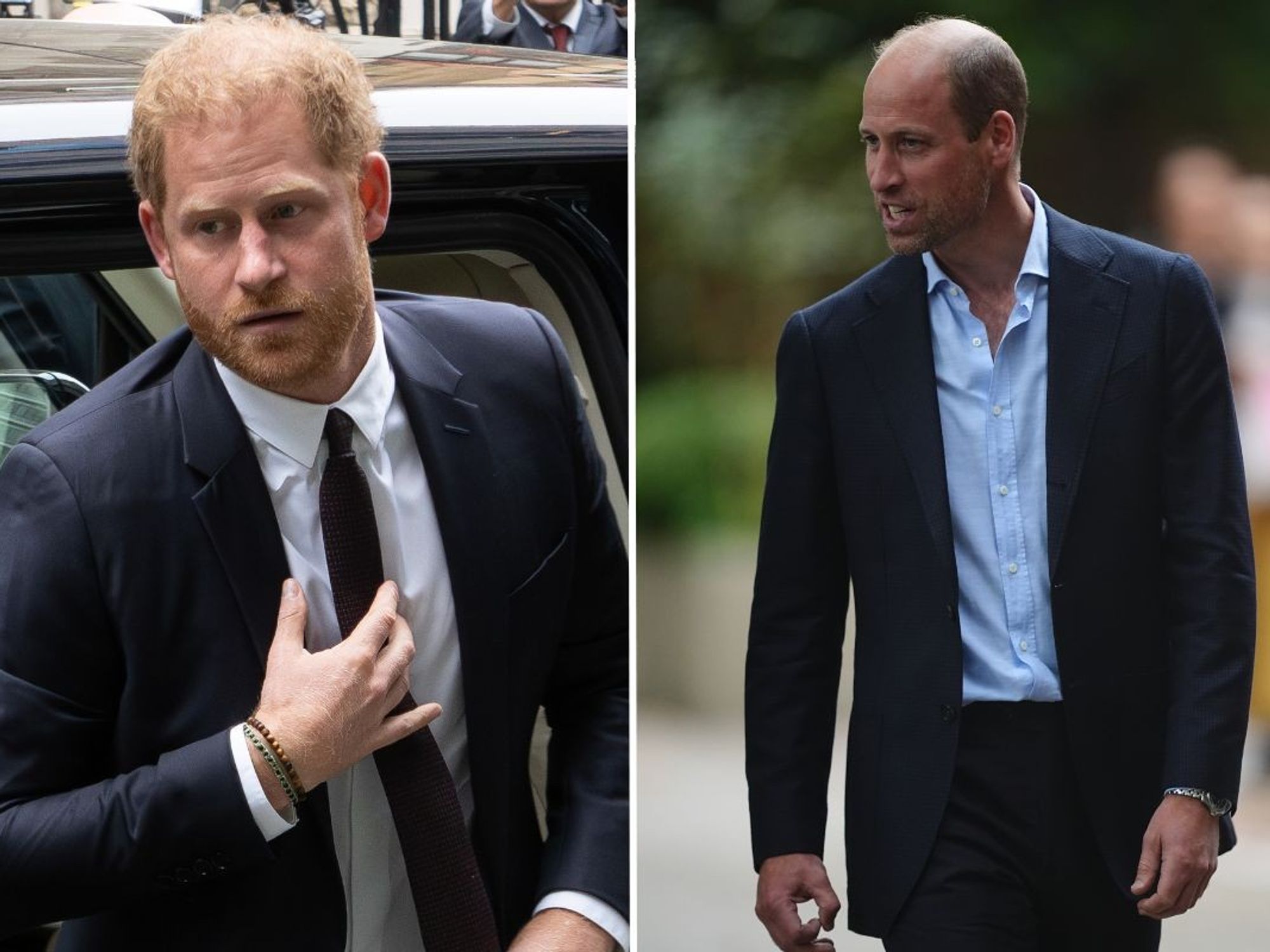Trans rights activists descended on Twickenham during an England Women's training session, voicing their opposition to rugby's new gender restrictions
Don't Miss
Most Read
Trending on GB News
The decision to ban transgender women from playing female contact rugby has made life less safe for the community, according to trans activists who visited Twickenham on Thursday.
Around 20 people descended on the south-west London stadium to take part in a peaceful protest, as England prepare for this autumn's World Cup in New Zealand.
The group waved flags as a crowd of 1,000 watched the team being put through its paces.
The event was staged the day after the Irish Rugby Football Union announced it is to emulate the Rugby Football Union by revising its rules for transgender women competing at grassroots level.
Trans activists at Twickenham on Thursday
Andrew Matthews
Emily Hamilton, founding co-chair of LGBTQ+ rugby supporters association ‘Quins Pride’, played 18 seasons as an amateur before transitioning.
They say rugby is no longer a “safe and inclusive place” after the governing bodies voted to follow the lead taken by World Rugby when it implemented a ban in the elite game.
They explained: “We were part of the rugby family – I’ve been in rugby for nearly 40 years – but now we’ve been told that we’re no longer part of that family.
“We are human beings but we are being used as a political football, being kicked about at all levels of life. We thought rugby is a safe and inclusive place, which it no longer is.
“We just want to be seen and to be visible and for people to understand that we’re not the monsters we’re portrayed as.
“We’re not freaks of nature and actually in many cases we’re not that different to the women you see out there on the pitch training.
“It’s also about the social contagion. What’s happened in the last two weeks has opened the doors to the most horrific abuse – people telling me to kill myself, abusing me online – and just for standing up to say this is the wrong decision.
“The contagion spreads because people feel emboldened to be abusive and to repeat bigotry. That makes our lives less safe and less enjoyable.
“All of the fears I had when I transitioned are back again now because we’re being told we’re not welcome in the sport. We’re swimming against the tide but that won’t stop us swimming.”
England players posed for a photograph with fans after an open training session at Twickenham
Andrew Matthews
The decision to limit women’s contact rugby to players whose sex was recorded as female at birth is rooted in concerns over safety and fairness.
It comes after the Irish Rugby Football Union (IRFU) announced that it is to ban trans women and girls over the age of 12 from playing female contact rugby.
The IRFU said the decision is "in line with that of World Rugby, the RFU and other governing bodies".
A statement adds that it "will mean that contact rugby for players in the female category is limited to those whose sex was recorded as female at birth".










